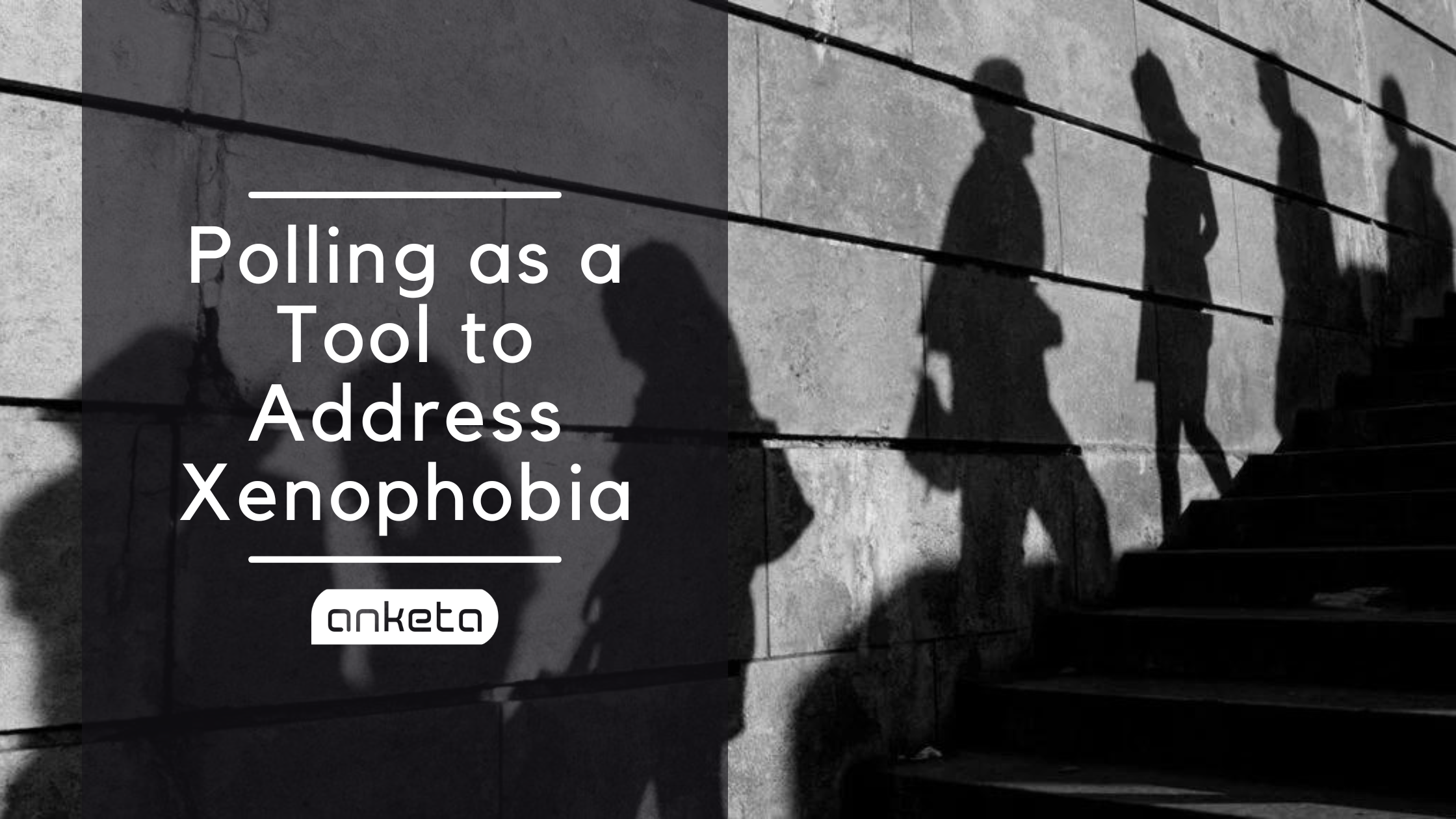Xenophobia, the irrational fear or dislike of people from other countries, often stems from misconceptions and stereotypes perpetuated by a lack of understanding and media propaganda. Polling can play a crucial role in not only dismantling these misconceptions but also in identifying, defining, measuring, and understanding xenophobia within a population. By capturing public opinions, attitudes, and beliefs, polling provides a valuable tool for understanding, addressing and combating xenophobia in a targeted and effective manner.
Here are three ways polling can expose and address misconceptions that fuel xenophobia:
What You Know vs. What Others Don’t Know: Polls can be designed to gauge the prevalence of false or misleading information about different cultural or ethnic groups. By understanding the extent to which such misinformation exists, communities, policymakers, educators, and advocates can tailor interventions to address specific misconceptions and promote accurate information.
This process helps in defining the scope of xenophobia and identifying the key areas where education is most needed.
Measuring Public Perceptions: Polling allows researchers to measure public perceptions of different communities, both domestically and internationally. By examining the attitudes and stereotypes that people hold, stakeholders can develop targeted educational campaigns to challenge these perceptions and foster a more inclusive understanding of diverse cultures. This not only helps in measuring the prevalence of xenophobic sentiments but also in understanding the underlying causes of these attitudes.
Assessing Policy Impact: Through polling, the effectiveness of policies aimed at combating xenophobia can be evaluated. By measuring changes in public opinion over time, policymakers can gauge the impact of interventions and adjust strategies to address persistent misconceptions. This dynamic approach ensures that efforts to combat xenophobia remain adaptive and evidence-based, while also providing a means to continually refine the understanding of how xenophobia evolves within society.
To further explain, consider these examples of polls that have successfully captured public attitudes toward immigration, cultural diversity, and the prevalence of xenophobic sentiments within different communities.
What is your position on the following viewpoint:
“Immigrants take jobs from the local community and have a negative impact on the economy?”
- Strongly agree
- Agree
- Neutral
- Disagree
- Strongly disagree
How do you feel about the cultural impact of immigrants and their communities in your country/town?
- Very positive
- Positive
- Neutral
- Negative
- Very negative



